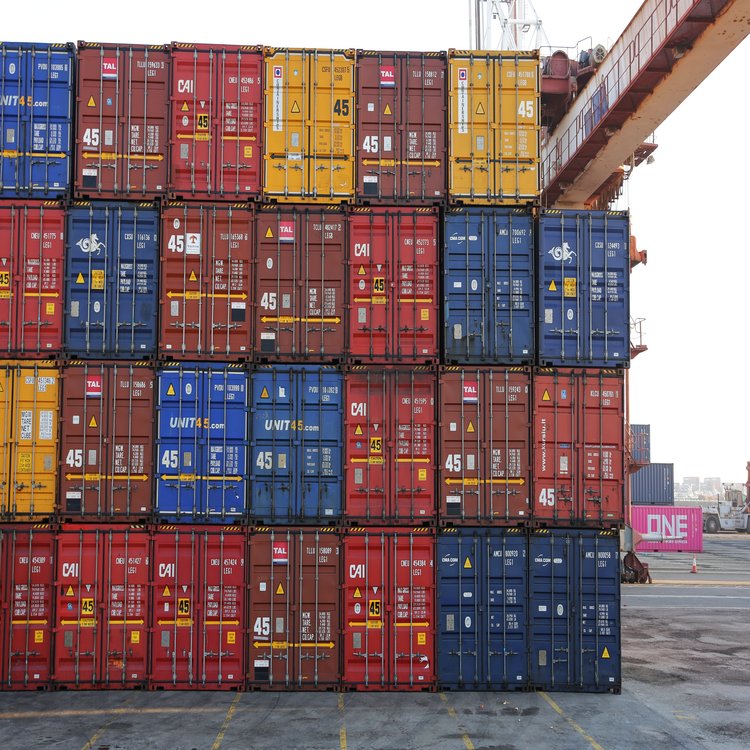What to Do if Your Container Falls Overboard: A Guide for Importers and Exporters of Record

Earlier this week, several shipping containers fell into the sea at the Port of Los Angeles. For businesses involved in international trade, this type of incident is more than a headline—it’s a crisis that tests contracts, insurance policies, and customer relationships.
If you were the Importer of Record (IOR) or the Exporter of Record (EOR) for one of those lost containers, here’s what you should do next.
Checklist for Importers of Record
As the importer, you are responsible for customs compliance and ensuring goods are lawfully brought into the U.S. When cargo doesn’t arrive:
Immediate Actions
- Request official documentation from the carrier (Statement of Facts, incident report).
- Notify CBP to prevent issues with customs entries on goods that never landed.
- Inform your customs broker so they can suspend or adjust entry filings.
Insurance & Claims
- File a marine cargo insurance claim immediately (if insured).
- Check carrier liability (but note: international rules often cap compensation at very low amounts).
- Gather commercial invoices, packing lists, and bills of lading for the claim process.
Financial Steps
- Amend or cancel duty payments for lost shipments.
- Coordinate with your supplier to arrange replacements or credits.
Checklist for Exporters of Record
As the exporter, you’re responsible for ensuring compliance with U.S. export laws and meeting contractual obligations with your overseas buyer.
Immediate Actions
- Notify the buyer right away with carrier documentation to maintain trust.
- Review the sales contract and Incoterms® to determine who bears the risk.
- Update export filings if required (especially if the shipment was already marked as exported).
Insurance & Claims
- Check insurance coverage (your own or the buyer’s, depending on contract terms).
- Submit claims quickly with all supporting documentation.
- Review force majeure clauses in contracts for legal protection.
Customer Relationship
- Offer a clear recovery plan (replacement shipment, refund, or negotiated resolution).
- Communicate consistently to preserve business confidence.
Why Expert Guidance Matters
Responding to incidents like this isn’t just about filing paperwork—it requires technical trade knowledge, regulatory compliance expertise, and a strong understanding of risk management. This is why businesses benefit from working with professionals who hold ISO 17024 certification as trade specialists.
ISO/IEC17024 is the international standard for certifying individuals in their technical profession. An ISO/IEC 17024 certified trade specialist has been independently verified for competence in areas such as:
- Customs regulations and documentation requirements
- Incoterms® and contractual risk allocation
- Marine insurance and liability frameworks
- Crisis management in international logistics
Engaging with certified specialists means you aren’t just reacting to problems—you’re making informed decisions, minimizing financial loss, and maintaining compliance with both U.S. and international trade laws.
Risk Management Lessons
- Never rely solely on carrier liability – Cargo insurance is essential.
- Use clear Incoterms® – Define who owns risk at each stage.
- Document everything – Carriers, insurers, and customs all require a paper trail.
- Have a crisis response plan – Train your logistics team for fast, compliant action.
- Rely on certified expertise – ISO 17024 certified trade specialists ensure your company’s response is professional and technically sound.
Final Word
When containers go overboard, the loss is immediate—but how you respond determines whether it becomes a short-term setback or a lasting business problem. By acting quickly, documenting thoroughly, leaning on well-structured contracts and insurance policies, and working with certified trade experts, both importers and exporters can protect their businesses and maintain trust with partners.